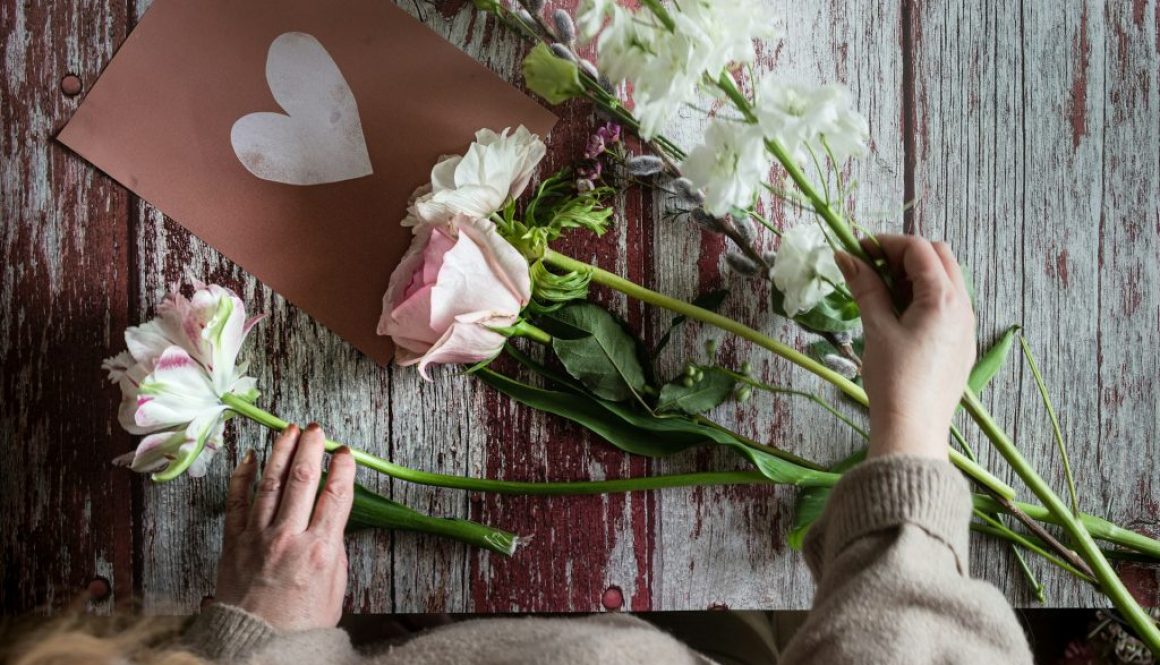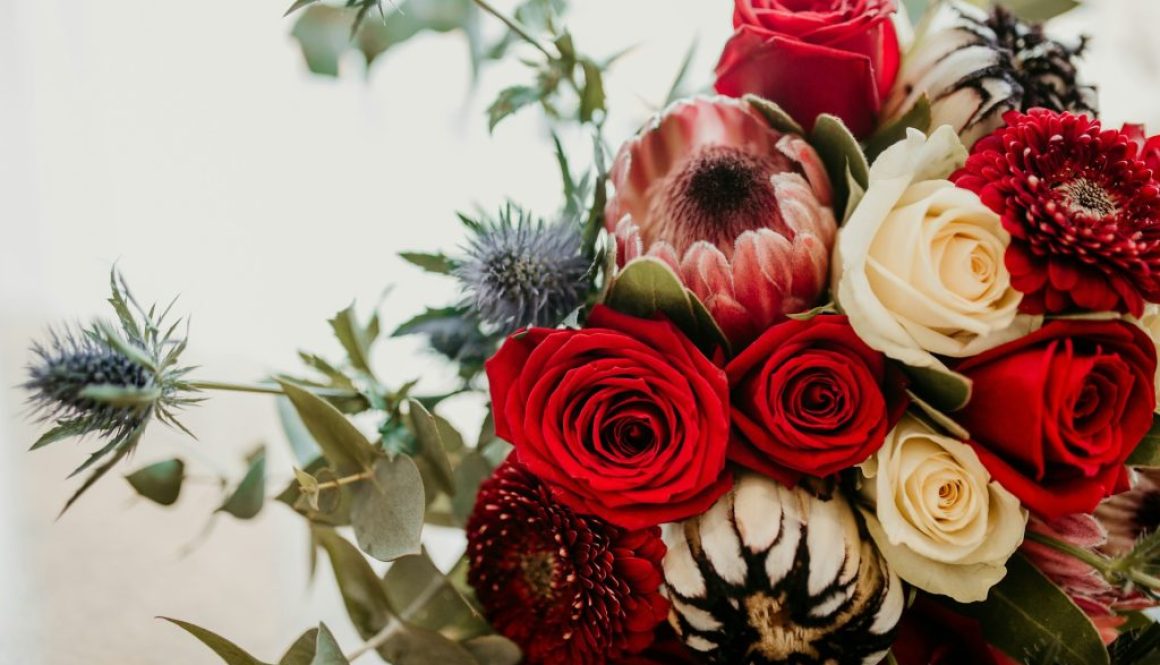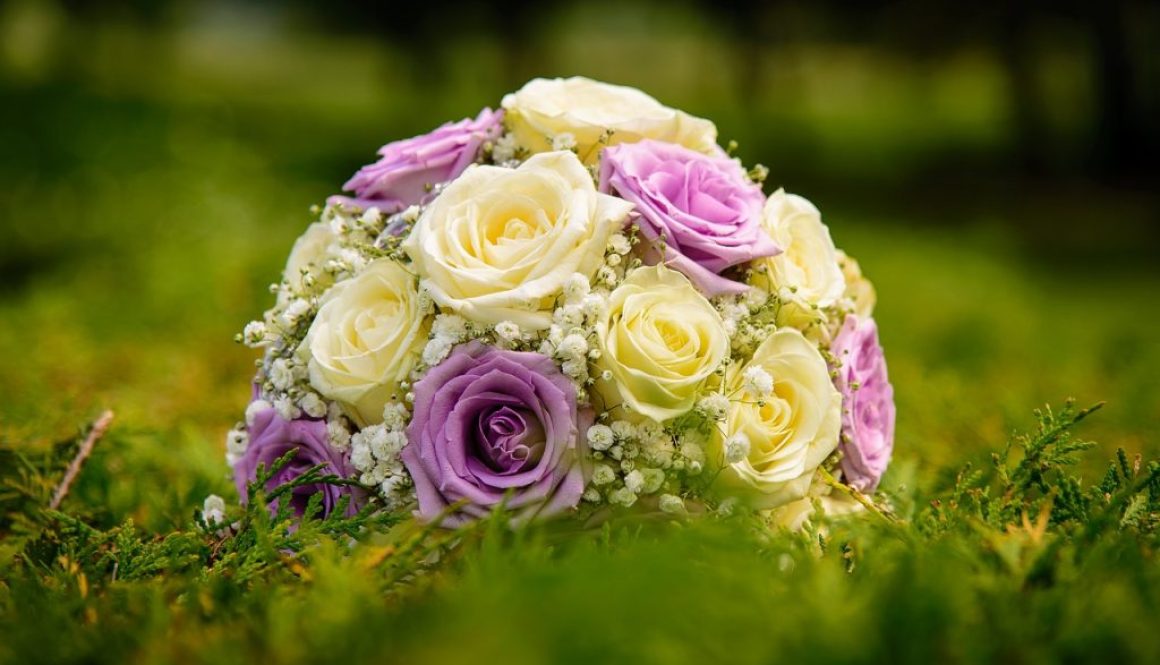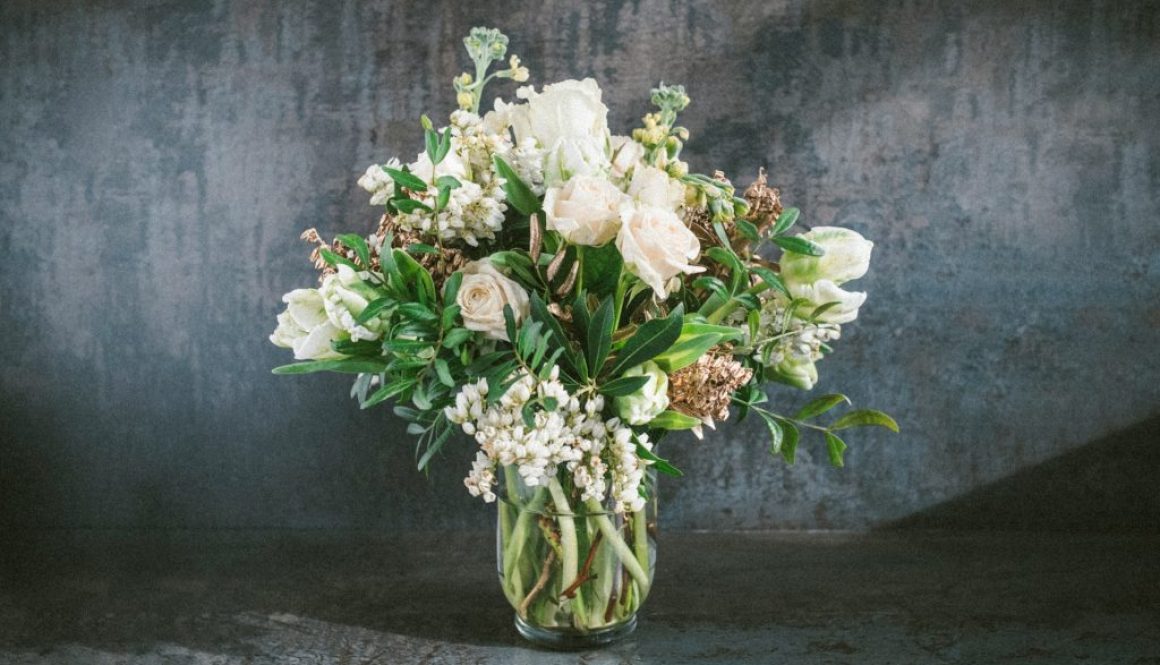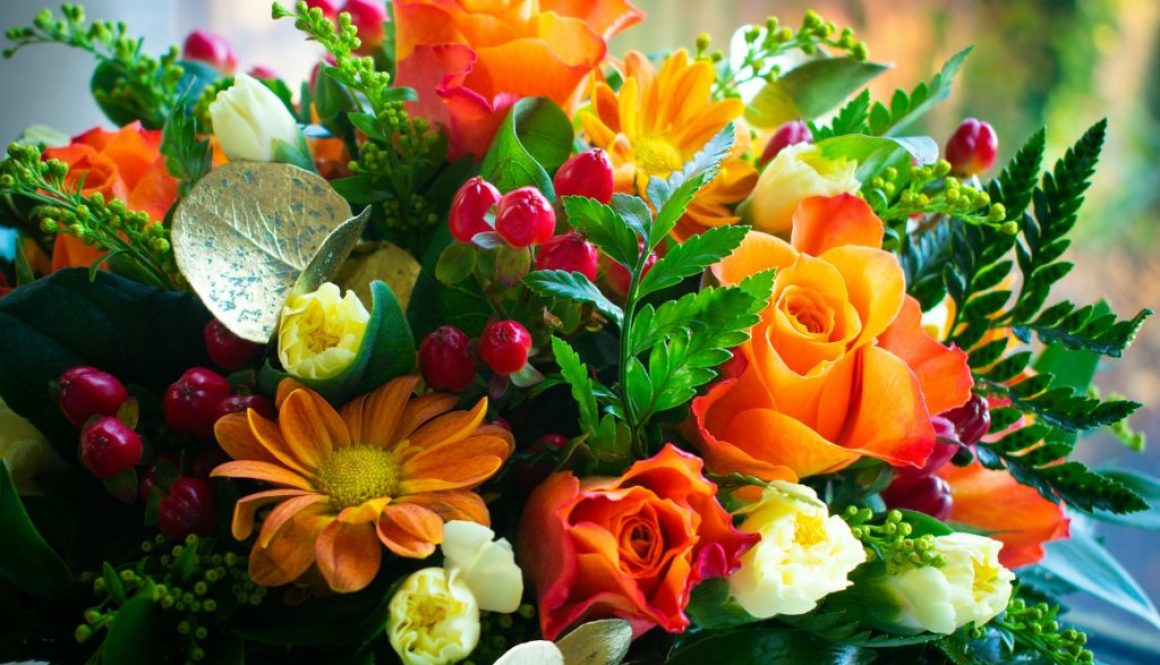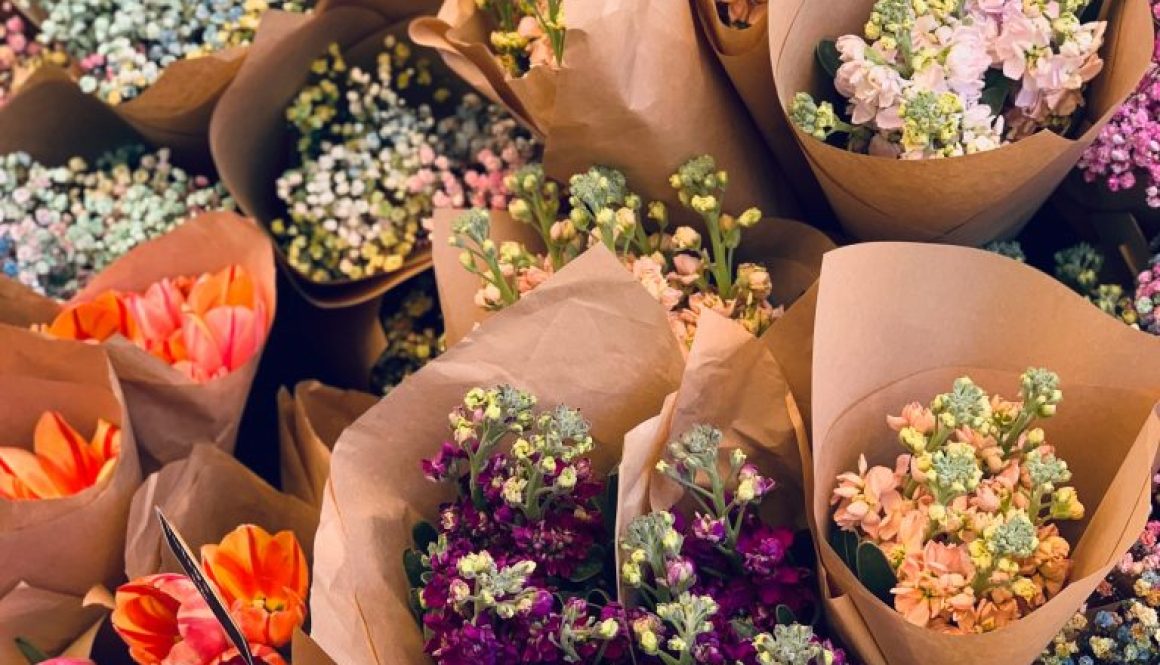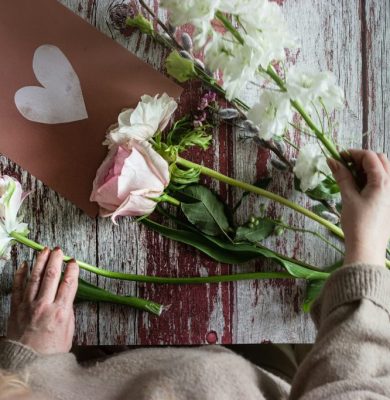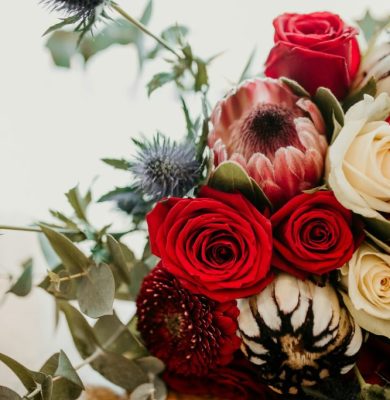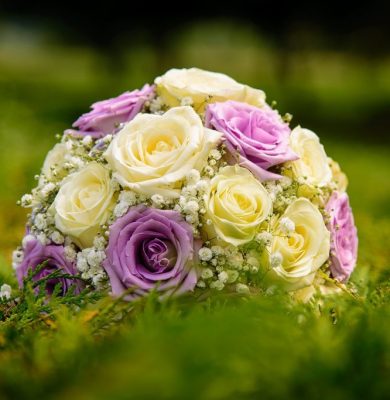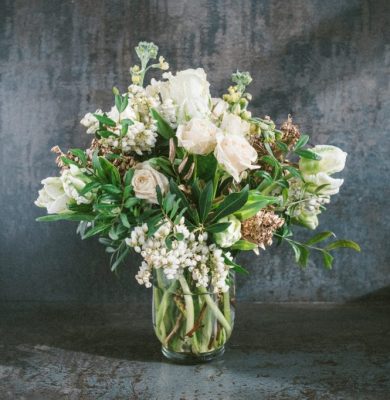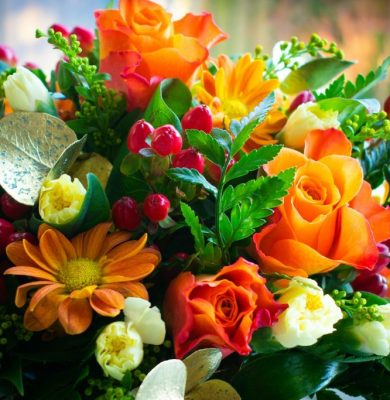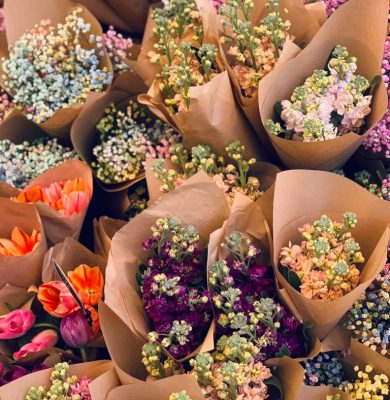Sustainable Floristry: Eco-Friendly Practices for Greener Arrangements
In today’s world, sustainability is more than just a trend—it’s a way of life. As consumers become increasingly conscious of their environmental impact, the demand for eco-friendly products and practices continues to grow. This includes the world of floristry, where sustainable practices are becoming increasingly important. If you’re passionate about flowers and the environment, here are some eco-friendly practices you can incorporate into your floral arrangements:
1. Local Sourcing:
- One of the most effective ways to reduce the carbon footprint of your floral arrangements is to source your flowers locally. By purchasing flowers from local growers, you not only support the local economy but also reduce the environmental impact associated with long-distance transportation.
2. Seasonal Blooms:
- Embrace the beauty of seasonal blooms by using flowers that are in season in your region. Seasonal flowers are more readily available, fresher, and often more affordable than out-of-season imports. Plus, they require less energy and resources to grow, making them a more sustainable choice.
3. Organic and Sustainable Farming Practices:
- Look for flowers that have been grown using organic and sustainable farming practices. This includes avoiding the use of synthetic pesticides and fertilizers, conserving water and energy, and promoting biodiversity on flower farms.
4. Floral Foam Alternatives:
- Traditional floral foam, often used to anchor flowers in arrangements, is not biodegradable and can be harmful to the environment. Instead, consider using eco-friendly alternatives such as chicken wire, floral frogs, or reusable flower holders made from sustainable materials.
5. Reusable and Recyclable Materials:
- When designing your arrangements, opt for containers and accessories made from reusable or recyclable materials. Glass vases, ceramic pots, and metal containers are all great eco-friendly options that can be reused or recycled after your event.
6. Compostable Packaging:
- Minimize waste by using compostable or biodegradable packaging materials whenever possible. This includes things like compostable cellophane, paper wrapping, and natural twine for tying bouquets.
7. Support Eco-Conscious Florists:
- Choose florists who prioritize sustainability and eco-conscious practices in their business operations. Look for florists who source their flowers locally, use organic and sustainable farming practices, and minimize waste through recycling and composting.
By incorporating these eco-friendly practices into your floral arrangements, you can reduce your environmental impact and promote sustainability in the floristry industry. Together, we can create a greener, more beautiful world—one bouquet at a time.

